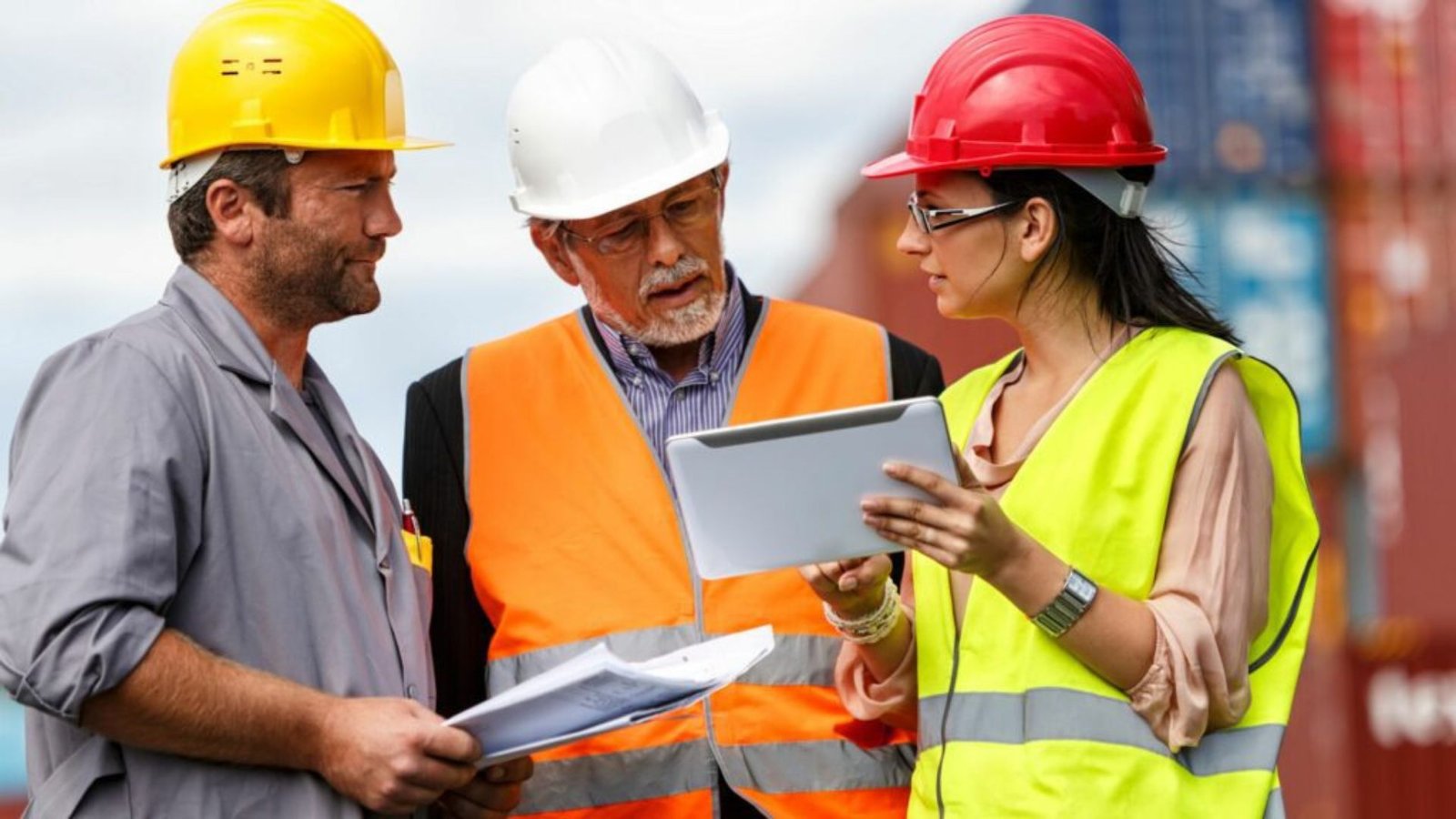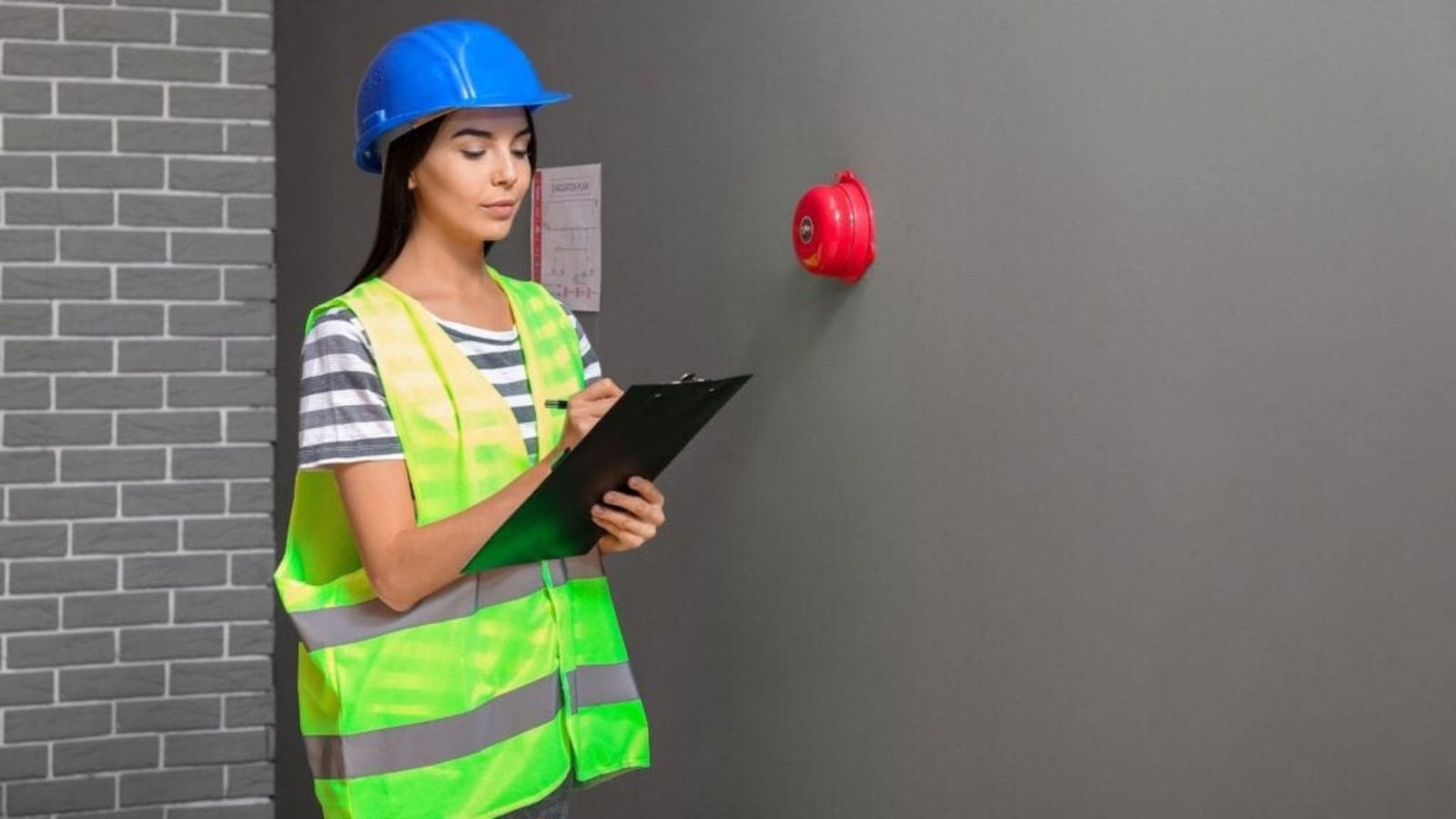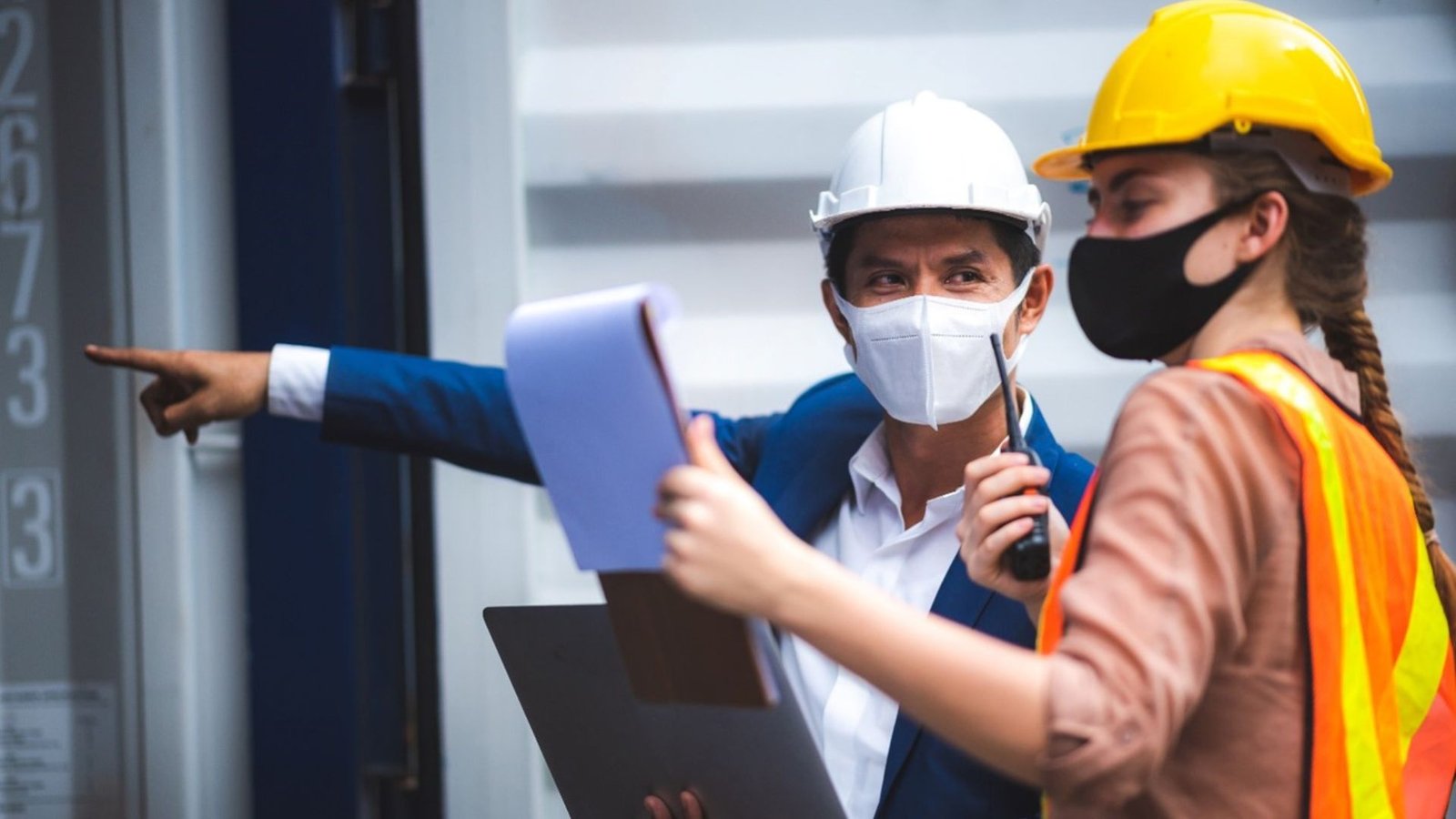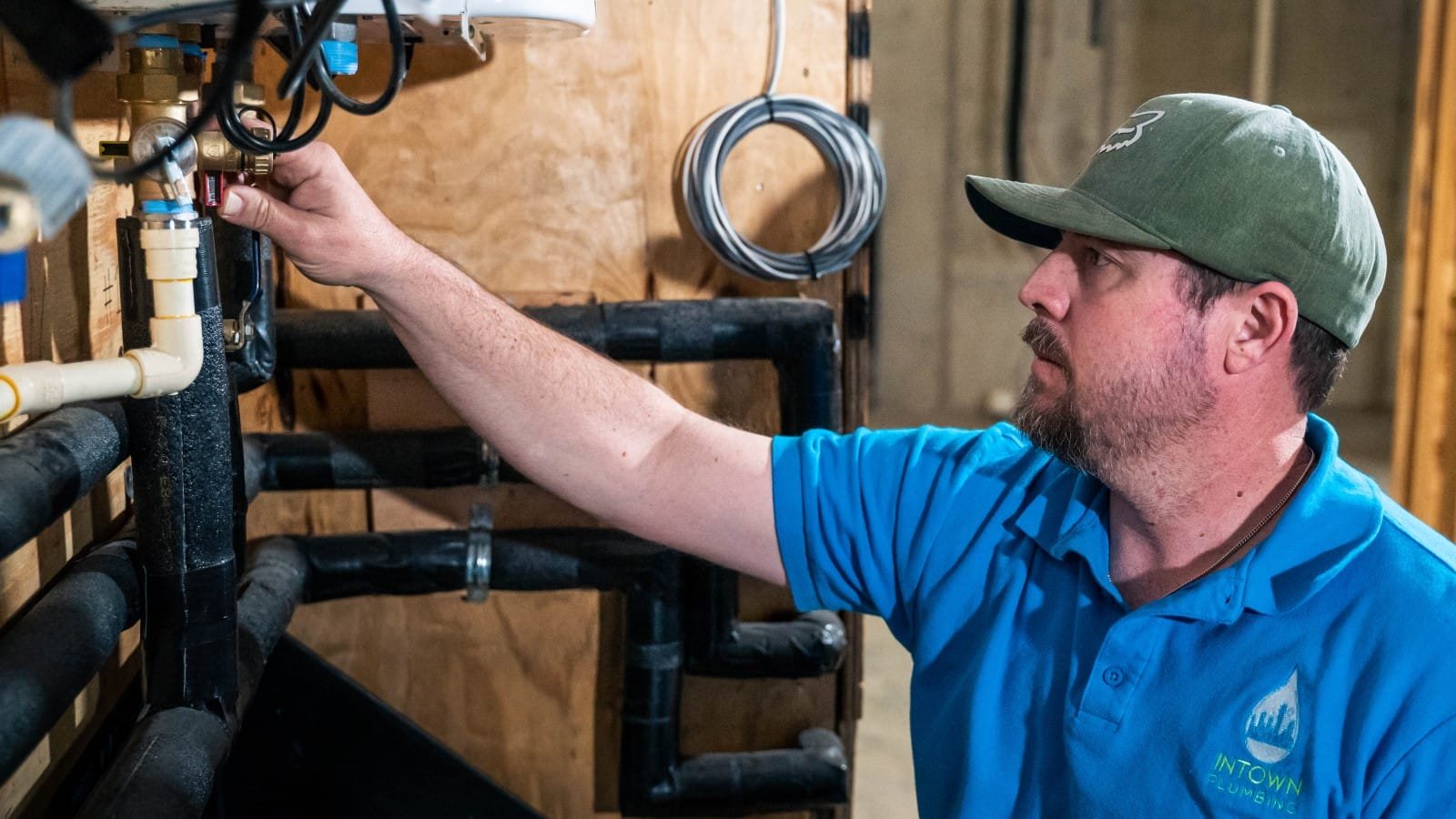A commercial property inspection is a thorough examination of a building and its systems to assess its condition and identify any potential issues. For property owners, investors, and managers, this process is crucial for ensuring safety, functionality, and long-term value. Whether you’re buying, selling, or maintaining a commercial property, understanding what’s included in a commercial inspection can help you make informed decisions and avoid costly repairs down the road.
In this article, we’ll break down the key components typically included in a commercial inspection.

1. Structural Integrity
One of the most important aspects of a commercial inspection is assessing the building’s structure. This ensures that the property is safe, stable, and capable of handling the load of day-to-day operations. Here’s what is typically inspected:
- Foundation: Inspectors check for cracks or signs of shifting that could indicate settlement or structural problems.
- Walls and Support Beams: Any cracks or visible damage in the walls or beams are noted, as they could compromise the building’s stability.
- Ceilings and Floors: Inspectors look for sagging, cracks, or signs of water damage, which can suggest structural weaknesses.
Ensuring the integrity of the structure helps avoid long-term issues that could lead to expensive repairs or even the need for rebuilding.
2. Roof Condition
The roof is one of the most important parts of a commercial building. A roof inspection checks for:
- Leaks: Inspectors look for signs of water damage, mold, or stains that could indicate a leak.
- Shingles or Membrane: They check for damaged, missing, or worn-out roofing materials that could cause issues.
- Gutters and Downspouts: Proper drainage is important to prevent water damage. Inspectors make sure gutters are clear and functioning.
A roof in poor condition can lead to severe water damage inside the building, so regular inspections are key to maintaining its health.
3. Plumbing Systems
The plumbing system is a vital part of any commercial property, and any issues could lead to significant damage or disruption to the business. A plumbing inspection typically includes:
- Pipes: Inspectors check for leaks, rust, corrosion, or signs of wear in both visible and hidden pipes.
- Water Pressure: Low water pressure can indicate clogs or pipe issues, and inspectors will test faucets and showers.
- Water Heaters: They check the condition of water heaters, ensuring they are functioning properly and free of leaks.
- Sewer Lines: The inspection might include an evaluation of the sewer system, looking for blockages or other problems that could cause backups.
By identifying issues with the plumbing system early, you can prevent expensive water damage and avoid disrupting your tenants or business operations.
4. Electrical Systems
An inspection of the electrical systems ensures that everything is up to code and functioning safely. The inspector will check:
- Wiring: They look for frayed, exposed, or outdated wiring that could present a fire hazard.
- Circuit Breakers: The inspection includes testing circuit breakers to make sure they are functioning correctly and are not overworked.
- Outlets and Switches: All outlets and switches are checked to ensure they are safe, working properly, and compliant with electrical codes.
- Lighting: Inspectors will make sure that all lighting systems are functional and properly installed.
Electrical problems can be dangerous and expensive to fix, so identifying issues early is crucial for both safety and cost management.
5. HVAC Systems
Heating, ventilation, and air conditioning (HVAC) systems are responsible for keeping the commercial space comfortable and healthy for tenants. The inspection covers:
- Heating and Cooling Functionality: Inspectors check that the heating and cooling systems are operating efficiently, providing consistent temperatures.
- Air Ducts and Vents: They check for blockages, leaks, or dust buildup that could affect air quality or efficiency.
- Thermostats: Ensuring that thermostats are calibrated correctly to maintain a comfortable environment.
- Filters: HVAC filters are inspected for cleanliness, as dirty filters can affect air quality and reduce system efficiency.
Proper maintenance of HVAC systems ensures a comfortable indoor environment and reduces energy costs for the property.
6. Fire Safety Systems
Fire safety is a critical part of any commercial property, both for tenant safety and compliance with regulations. The inspection includes checking:
- Fire Extinguishers: Inspectors check the placement, accessibility, and service dates to ensure that fire extinguishers are up to date and ready for use.
- Smoke Detectors and Fire Alarms: The functionality of smoke detectors and fire alarms is tested to ensure they meet safety standards.
- Sprinkler Systems: The inspection ensures that sprinklers are working properly and will activate in the event of a fire.
- Emergency Exits: Inspectors ensure that emergency exits are clearly marked, unblocked, and easily accessible.
Ensuring that fire safety systems are working properly can save lives and prevent property damage in case of an emergency.
7. Pest Control and Infestation
Pests can cause significant damage to a commercial property, from chewing on wiring to damaging walls and insulation. A commercial inspection often includes:
- Rodent or Insect Infestations: The inspector checks for signs of pests, such as droppings, nests, or chewed wiring.
- Entry Points: Identifying potential entry points, such as cracks in walls or gaps in doors or windows.
- Extermination Measures: Inspectors may also assess whether a professional pest control service is needed to address any active infestations.
A pest infestation can cause serious damage and disrupt business operations, so identifying the issue early is key to preventing further harm.
8. Interior Condition
The interior of the commercial property should be safe, functional, and aesthetically pleasing. This part of the inspection covers:
- Walls and Ceilings: Inspectors look for cracks, mold, stains, or other damage that might need repair.
- Floors: They check for uneven floors, loose tiles, or damaged carpets that could create safety hazards.
- Windows and Doors: Inspectors ensure that windows and doors are functioning properly and are secure.
- Lighting and Electrical Systems: The interior lighting and electrical outlets are also checked to ensure safety and convenience.
A well-maintained interior is important for attracting tenants and ensuring that the building remains safe for occupancy.
9. Parking and Outdoor Areas
If the commercial property includes parking spaces or outdoor areas, these should also be inspected for safety and functionality. The inspection includes:
- Parking Lot Condition: Inspectors look for cracks, potholes, or other hazards in the parking lot that could lead to accidents or damage to vehicles.
- Sidewalks and Walkways: They check for uneven surfaces or debris that could create tripping hazards.
- Landscaping: The condition of landscaping is checked to ensure it does not pose any safety risks or damage to the property.
- Security: Outdoor lighting and security systems are also checked to ensure that the property is secure at all hours.
Maintaining these outdoor areas ensures a safe, attractive environment for tenants and visitors.
10. Compliance with Local Codes and Regulations
A commercial property must comply with various local codes and regulations, including building, safety, and health codes. The inspector will verify that the property meets all relevant requirements, such as:
- Building Codes: Ensuring that the property has been constructed and is maintained in accordance with local regulations.
- Zoning Requirements: Verifying that the property’s use complies with local zoning laws.
- Accessibility: Checking for compliance with the Americans with Disabilities Act (ADA) to ensure that the building is accessible to all people, including those with disabilities.
Ensuring compliance with local laws and regulations helps prevent fines, legal issues, and potential safety hazards.
Conclusion
A commercial property inspection is a detailed process that covers a wide range of factors to ensure the building is safe, functional, and compliant with regulations. By checking the structural integrity, plumbing, electrical systems, HVAC, fire safety, pest control, and more, an inspection provides a comprehensive assessment of the property’s condition. Whether you’re buying, selling, or maintaining a commercial property, regular inspections can help you avoid costly repairs and ensure the property remains in good condition for years to come.




